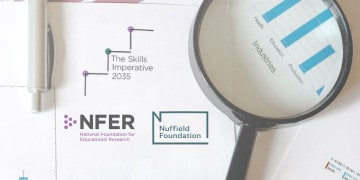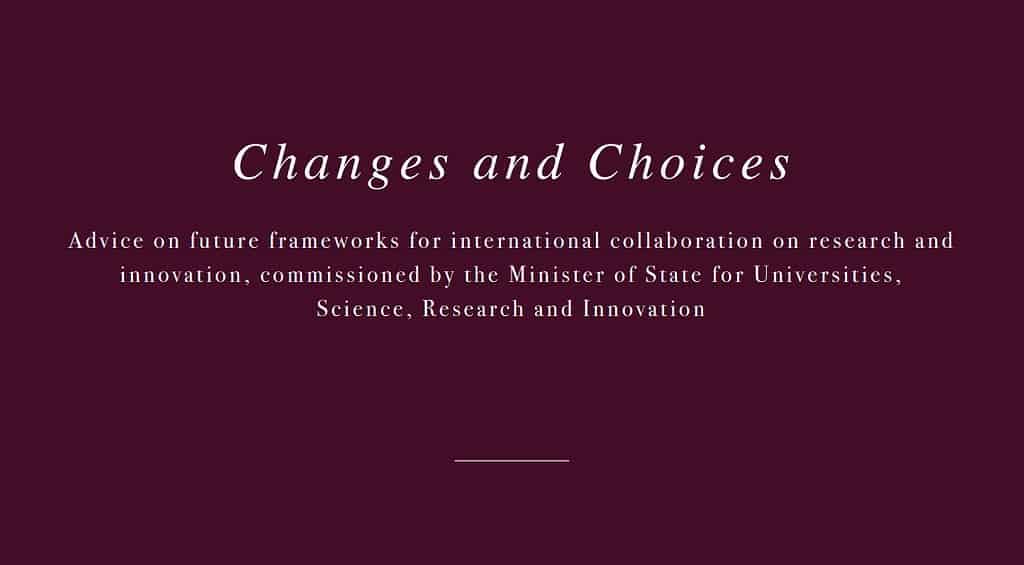Henry Lovett, Policy and Public Affairs Officer of The Physiological Society wants policy makers to take a close look at how the interaction of TEF and REF will change how universities work.
TEF is coming, but will it work?
08 Dec 2016
2016 has marked the start of a transformational period in Higher Education. Some developments have been universally welcomed, such as the Autumn Statement’s announcement of an increase in research and innovation funding of up to £2bn per year. Others have been rather more controversial within the sector, including aspects of the Nurse Review, which the Government has now promised to implement. Most of the Nurse Review’s changes have found their way into the Higher Education and Research Bill, which a number of sectoral organisations have been working to see improved. The Physiological Society is among their number.
Our efforts have focused on teaching in Higher Education, as this has long been on our agenda. Many academic physiologists are heavily involved in teaching on a wide variety of undergraduate courses ranging from physiology and biology to medicine and veterinary sciences, though of course we promote improvements across the HE sector. Teaching has been in the spotlight recently due to the Government’s manifesto commitment to introduce a Teaching Excellence Framework (TEF). This will be a way to measure the strength of teaching at UK universities and reward the institutions accordingly with a rating. This in turn is linked to a potential fee increase. The rating should then provide prospective students with some more information on which to base their choice of institution. Another consequence may be that universities start to see their teaching as a more important indicator of their stature, whereas in the past their research strength has been the largest contributor to their reputation.
On the whole, the sector has been supportive of the concept of providing more information to prospective students and incentivising teaching improvement. However, as is so often the case, the fine details do not correspond perfectly to the headline aims. Separating analysis of teaching and research in universities risks the actual activities being driven apart within the university ecosystem. Staff may be railroaded into only teaching or only researching, moving away from the tradition of “scholarship” covering both areas. Courses may be changed to bear no relation to the specialisms at the university where they are taught, giving the students no insight into the cutting edge of their field. They could become much more didactic, putting students into the mindset of turning up, learning some facts, and leaving to get a job; rather than engaging in self-directed inquiry and learning the transferable skills of a rounded education and experience of research.
Similarly, the proposals of how teaching quality will be measured do not stack up. The proposed metrics used in the calculation don’t directly relate to teaching. Student satisfaction, via the vehicle of the National Student Survey, depends on a lot of factors. A challenging, insightful course may not seem as satisfying at the time as an easy one that bumps up your average grade. Student retention and graduate job destinations depend even more on external factors including ethnicity, background, geography and the economy, as well as varying wildly between universities and courses. Universities will be judged on a great deal that is outside of their control, as plans currently stand.
The Physiological Society aims to get policymakers to confront these issues. Therefore, we held meetings at the Labour, Conservative and SNP conferences in autumn 2016, entitled TEF vs. REF: Are Teaching and Research Now Adversaries?, to which we invited politicians, academics and sectoral experts. We were pleased to have free-flowing discussions at all three events, and the main points covered in the conversations have been distilled into a report, available here. We make recommendations to policymakers, including using more effective measures of learning gain through peer review, effective recognition of skilled teachers and educational researchers, and paying attention to the effects on perception of these rankings.
We will be backing up this report with continued political engagement on the topic of Higher Education. With sufficient support behind our recommendations, they could lead to a much more popular and representative Teaching Excellence Framework. If you want to find out more about this policy work or help us improve university teaching, please contact policy@physoc.org.
Download TEF vs. REF: Are Teaching and Research now Adversaries? here.
Related articles

The Physiological Society’s policy team on the health challenges facing older workers and the urgent need to develop a strategy to ensure older people are happy and healthy at work.

Jo Reynolds, Director of Science and Communities at the Royal Society of Chemistry, on the RSC’s new summary report looking to unlock the potential of deep tech SMEs.

Lisa Morrison Coulthard, Research Director at the National Foundation for Education Research, on the Nuffield Foundation funded five year research programme providing insights into the essential employment skills needed for the future workforce

Sir Adrian Smith, Institute Director and Chief Executive of The Alan Turing Institute, and Graeme Reid, Professor of Science and Research Policy at UCL, set out the findings from their new independent report on international partnership opportunities for UK research and innovation